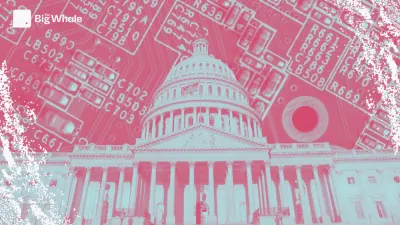Loi influenceurs : “L’idée n’est pas d’interdire de parler des crypto-actifs”

Le député PS du Calvados, Arthur Delaporte, s’apprête à défendre une proposition de loi très attendue pour encadrer les pratiques des influenceurs, notamment crypto. Dans une interview avec The Big Whale, il explique sa démarche.
The Big Whale : Vous travaillez sur cette proposition de loi depuis des semaines. Où en est-elle ?
La loi a été déposée et sera examinée en commission des Affaires économiques le 22 mars. Elle sera ensuite débattue en séance publique à l’Assemblée nationale les 28 et 29 mars.
Cette proposition est présentée par Stéphane Vojetta (député Renaissance des Français de l’étranger) et moi-même. Elle a également reçu le soutien du gouvernement.
Est-ce qu’il faut s’attendre à ce que le texte évolue beaucoup lors de son examen ?
Il devrait y avoir un certain nombre d’évolutions issues des réflexions du groupe de travail transpartisan (hors RN, ndlr) que nous avons initié. Il pourrait s’agir d’une réécriture à la marge, mais la philosophie restera la même. Le gouvernement pourra aussi faire quelques ajustements.
Comment définissez-vous un influenceur ?
C’est celui qui va chercher à avoir une influence sur les consommateurs tout en étant rémunéré par une marque pour le faire, que ce soit de manière directe ou indirecte, c’est-à-dire avec de l’argent ou via des avantages en nature.
Quel est le but de cette proposition de loi ?
Avant d’investir dans un produit, l’investisseur doit comprendre entièrement les risques et consulter ses propres conseillers juridiques, fiscaux, financiers et comptables.




